"Western self-hatred—or as I call it, oikophobia—is not a modern invention, but a recurring historical phenomenon that appears when a society becomes too comfortable," said American philosopher Benedict Beckeld in an interview with Magyar Nemzet at the MCC Feszt, organized by the Mathias Corvinus Collegium.
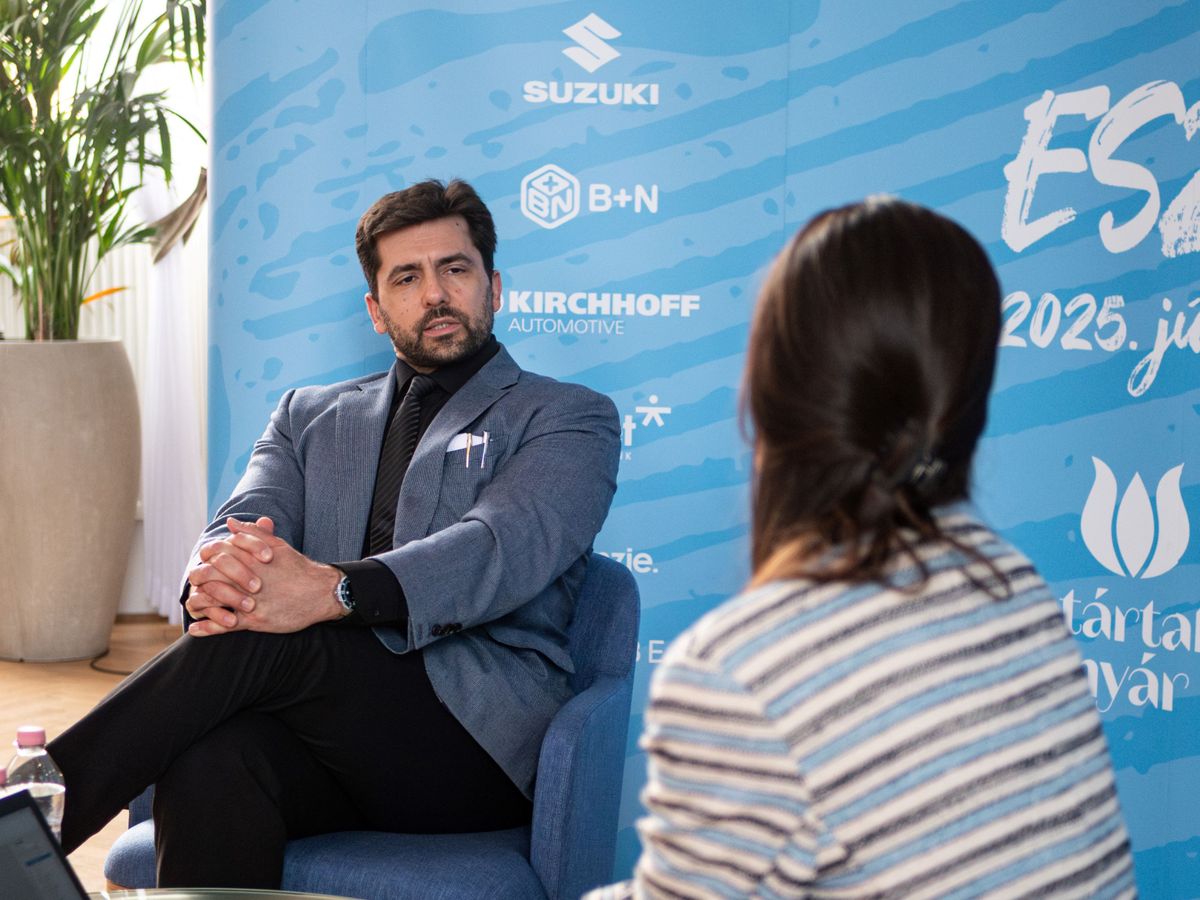
Born in Sweden and raised in the U.S., Beckeld holds a PhD in philosophy and classical philology from Heidelberg University, has taught in Germany and France, and currently lives in New York as a full-time writer. His latest book, Western Self-Contempt: Oikophobia in the Decline of Civilizations, was published by Cornell University Press and is considered the first systematic monograph on cultural self-hatred.
This phenomenon arises when a society lives in peace, has no external enemies, enjoys prosperity, and intellectual life is free. That’s when intellectuals begin to argue with each other, and society slowly turns against itself,
Beckeld stated. In his view this trend intensified after World War II and has now reached a point where the West is rejecting its own cultural foundations.
But the solution is not simple, he warned:
History has shown that self-hating societies rarely stop of their own accord (...) The most straightforward—though certainly undesirable—solution is war," Beckeld warned. "When a society must fight, it is forced to come together, and self-hatred fades into the background.
He cited the U.S. as an example:
If a war were to break out with China, for instance, it could awaken the collective instinct of self-preservation. Not a good solution, but it would be effective.
As a peaceful alternative, he suggested: "A conscious return to one’s own traditions—through religion and education—can reduce self-hatred. We saw this with Trump's election: Western-phobia decreased."
Countries where the memory of external oppression is still alive are less prone to cultural self-loathing, Beckeld argued.
Hungary and Poland still remember communism. France, Germany, and the UK no longer do—there, self-hatred is stronger. That’s also why Western countries are more open to accepting external elements hostile to the West, such as Islamic migrants.
Beckeld believes Western societies haven't completely lost their cultural cohesion, but some countries—like France or Sweden—have declined so far that "it will be hard to hold society together." He emphasized that Islamic communities have become influential not only culturally but also politically in these countries.
"Human nature is such that it always needs an ‘enemy’ to define itself against.
When that enemy disappears, society begins to turn inward—its own members become the new ‘enemy’." "That’s what’s happening in the West now: internal hatred grows, and sometimes even external enemies seem more appealing than one's own people," the philosopher pointed out.


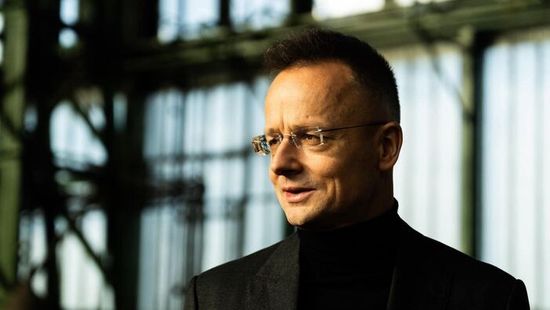



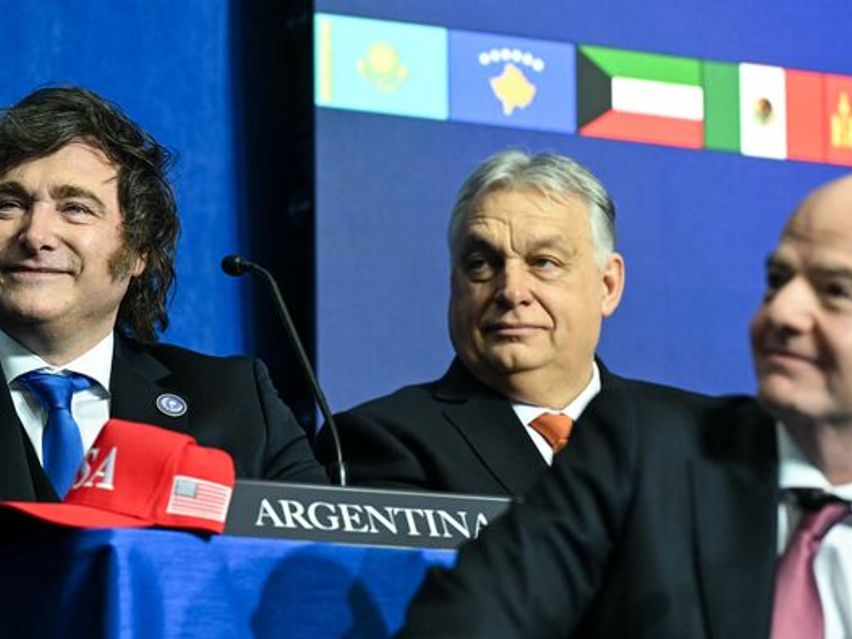
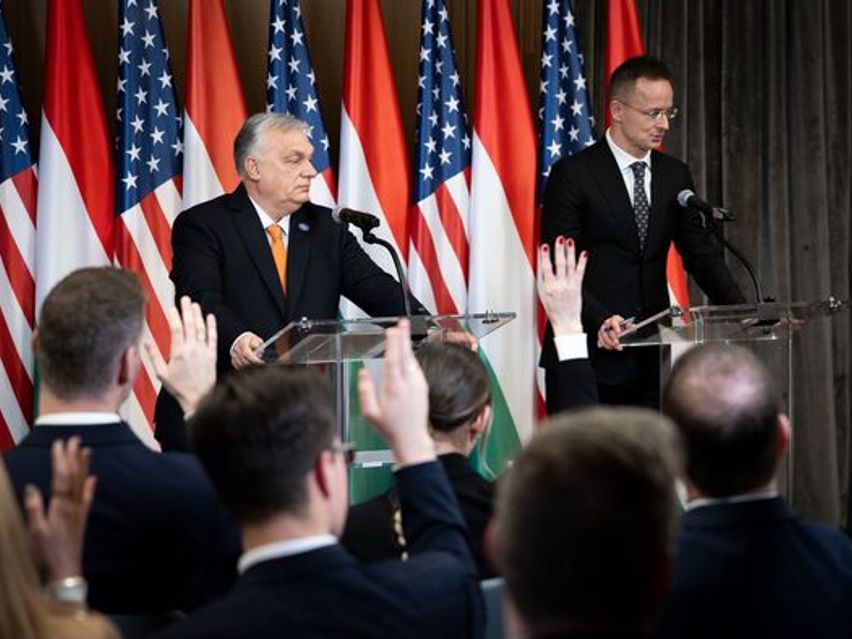
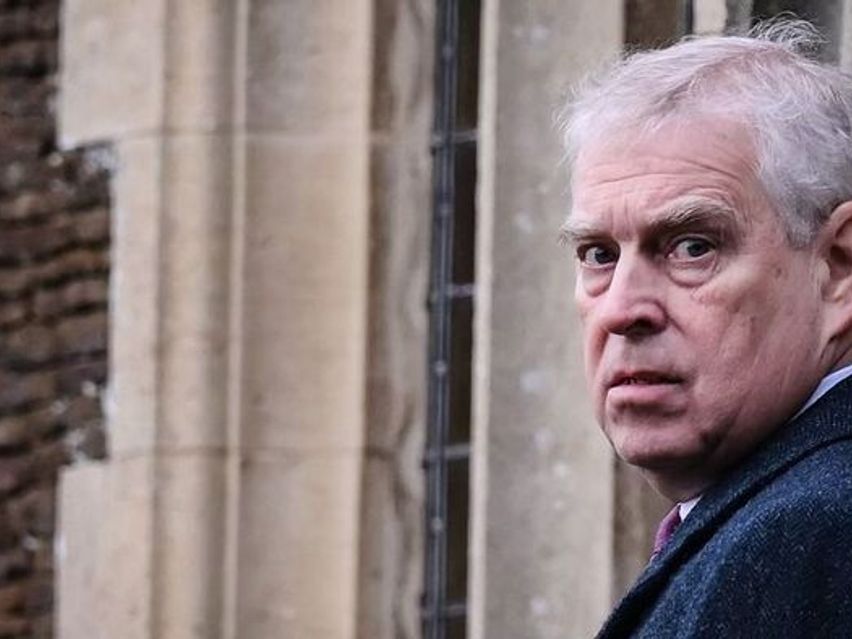





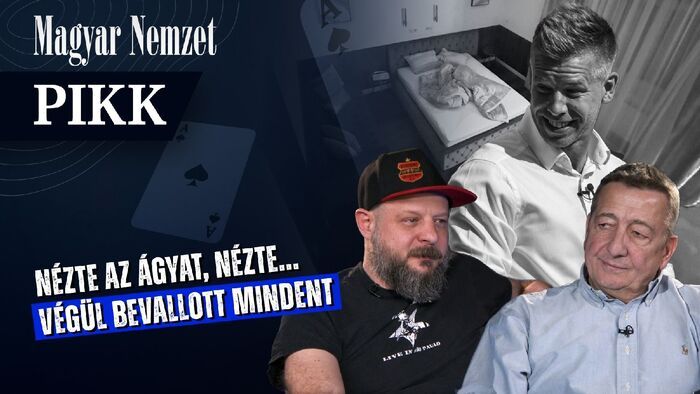

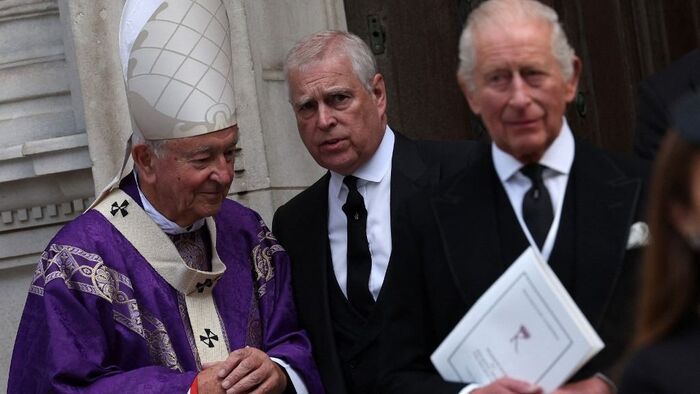






Szóljon hozzá!
Jelenleg csak a hozzászólások egy kis részét látja. Hozzászóláshoz és a további kommentek megtekintéséhez lépjen be, vagy regisztráljon!